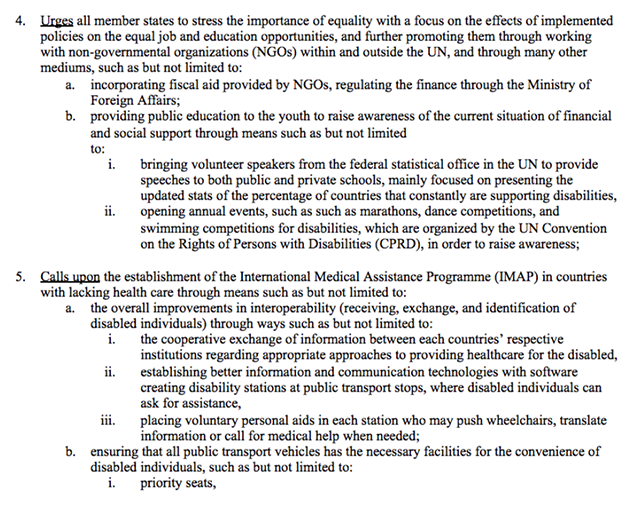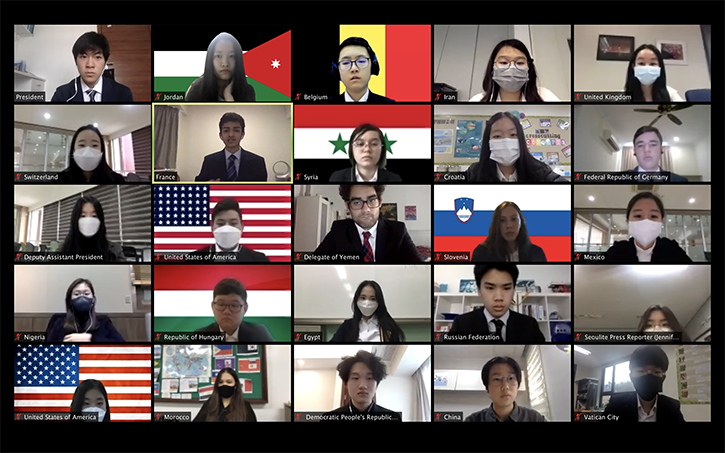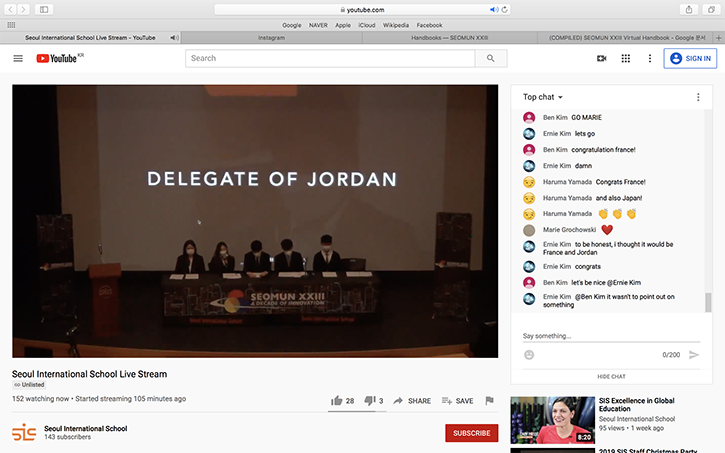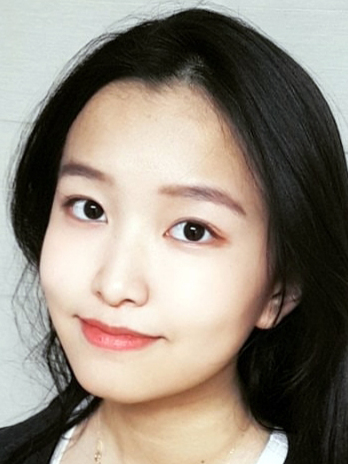As the notorious COVID-19 has emerged in many nations, the World Health Organization has been thrust into the spotlight more than ever. This year of 2020, the WHO bears the burden of not only discussing the general agendas such as supporting open healthcare, but also driving the change against the widespread disease as well as aiding nations to overcome the repercussions of such an occasion. To solve the dire crisis and hear other individuals’ opinions, I decided to join the SEOMUN conference, specifically, the World Health Organization (WHO) committee. This committee urges the world to recognize the importance of health and well-being on a global scale. Truly fascinated, I moved on to selecting the country that I will be representing.
After considering each country’s socio-economic status and their defense mechanisms against the COVID-19, I decided to represent the country of Jordan. Since Jordan is undoubtedly an LEDC (less developed country), I thought it would give me a chance to look at global health decisions from different perspectives. As a delegate of Jordan, I jumped right into researching Jordan and other countries’ medical management.

The online MUN conference lasted for three days (November, 20, 2020- November, 22, 2020). However, during the four months prior to the conference, I spent countless amounts of time researching other countries to devise an effective resolution that would work for all countries.
The day has finally arrived. On the first day, my committee (WHO) watched an opening ceremony and read out the opening speech that all delegates have prior-written. Next, our committee was assigned to different blocks specified for different agendas. There were a total of 5 groups, about six members in each block. For our block, we merged our pre-written resolutions. We talked about the effectiveness of each operative clause (the clause that identifies the actions or recommendations made in a resolution), which helped us eliminate some repetitive clauses and leave with seven final operative clauses.

After writing the resolution, our block nominated me as the main submitter, reading out the operative clauses and gives the first speech about it. So, I drafted my main submitter speech and presented it in front of others. There were a lot of POIs (point of information) following my main speech address. While some asked to clarify one of the operative clauses, most pinpointed the weakness and the necessity for an amendment. I defended my resolution as best as possible, yet I was opened to other delegates making amendments.

After countless debating times and identifying problems to find the best resolution appropriate for each country, we finally reached a consensus on the action plans.
Three days have passed. The time was so quick, and I was proud that all delegates could discuss freely and make better revisions. The president made his final remark, and the delegates went on to watch the closing ceremony. Luckily, I got nominated as the best delegate of the WHO committee.

I was surprised, and I thanked everyone for helping me through my first online SEOMUN conference. Even though the online conference was a bit awkward since I could not talk to people face-to-face, I still made a lot of good friends. I felt satisfied for being able to make improvements to current healthcare systems. I realized that for true societal progress, it is crucial for all countries, regardless of their socio-economic status, to put healthcare systems under consideration.

Minji Kwon
Junior (Grade 11)
Seoul Scholars International

